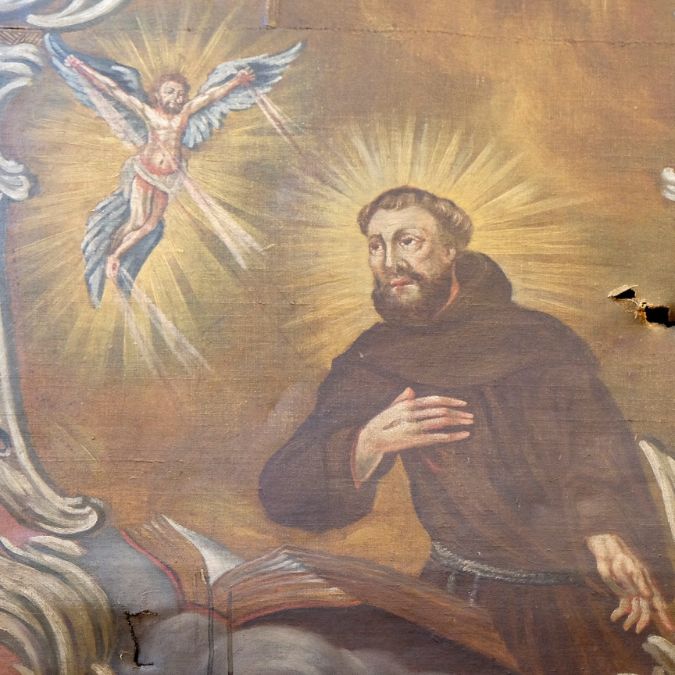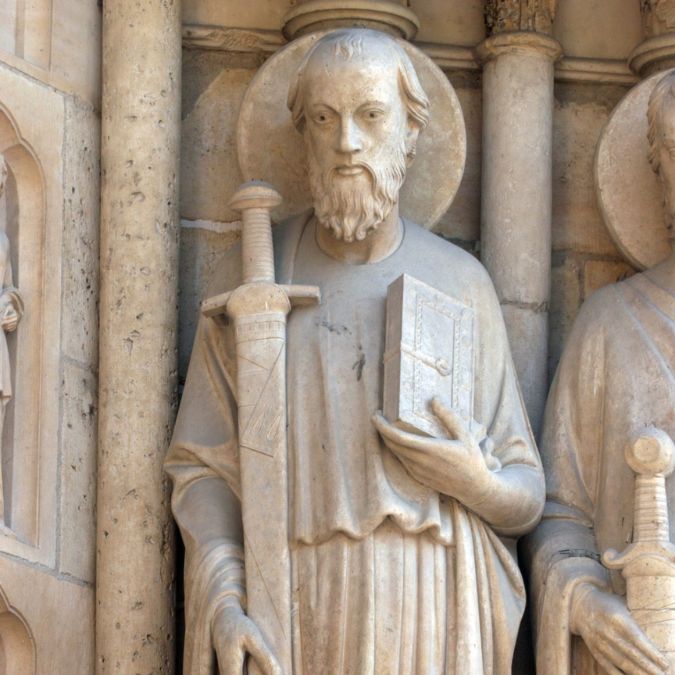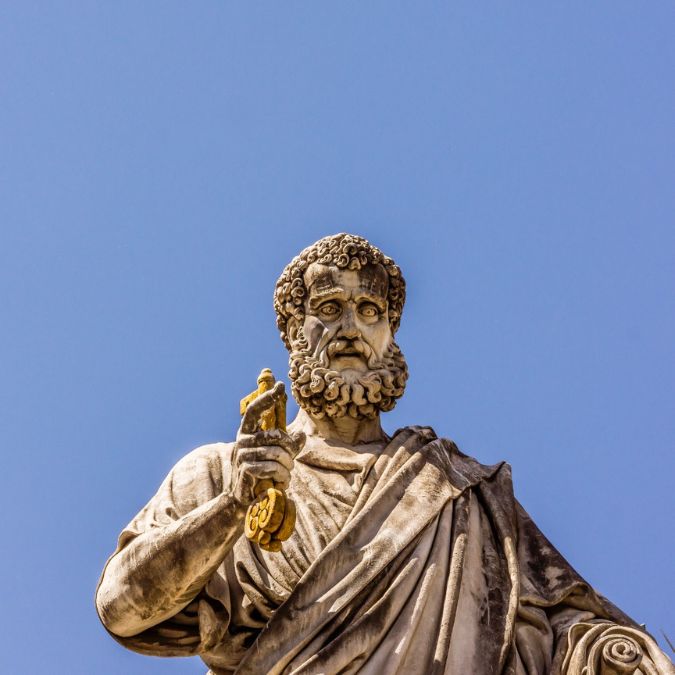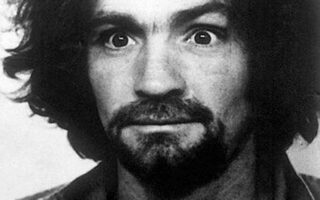
Throughout history, religious figures have profoundly influenced cultures, societies, and civilizations. Their teachings and deeds have shaped moral values, laws, and ways of life that continue to impact the world today. Here are twelve religious figures whose contributions have left an indelible mark on history.
1. Jesus Christ

Jesus Christ is the central figure of Christianity, a religion with over two billion followers worldwide. Born in Bethlehem, his teachings on love, compassion, and forgiveness have inspired countless people across generations. His message of salvation and the kingdom of God, as chronicled in the New Testament, formed the foundation of Christian theology.
Jesus’ crucifixion and resurrection are pivotal events celebrated during Easter, influencing art, literature, and culture for centuries. His impact on Western civilization is immeasurable, affecting everything from ethical standards to social justice movements.
2. Saint Francis of Assisi

Saint Francis of Assisi, the founder of the Franciscan Order, is renowned for his deep love of nature and commitment to poverty. Born into a wealthy family in Italy, he renounced his wealth to live a life of simplicity and service. His teachings emphasize humility, compassion, and respect for all living beings.
Saint Francis’ dedication to the poor and his efforts to rebuild the Christian faith during the 13th century left a lasting impact on Catholicism. His legacy is celebrated worldwide, especially on his feast day, October 4th.
3. Buddha (Siddhartha Gautama)

Siddhartha Gautama, known as the Buddha, founded Buddhism in the 5th century BCE. Born into a royal family in present-day Nepal, he renounced his luxurious life in search of enlightenment. After years of meditation, he attained Nirvana and shared his insights to help others achieve liberation from suffering.
His teachings, encapsulated in the Four Noble Truths and the Eightfold Path, emphasize mindfulness, ethical conduct, and mental discipline. Buddhism’s spread across Asia has influenced countless aspects of culture, art, and philosophy.
4. Moses

Moses is a seminal figure in Judaism, Christianity, and Islam. According to the Hebrew Bible, he led the Israelites out of slavery in Egypt and received the Ten Commandments from God on Mount Sinai. These commandments form a core part of Jewish law and ethical guidelines.
Moses’ leadership and covenant with God are central themes in the Torah, shaping Jewish identity and religious practice. His story has been retold in numerous cultural and religious texts, making him a symbol of faith and perseverance.
5. Confucius

Confucius, a Chinese philosopher born in 551 BCE, founded Confucianism, a system of thought and behavior emphasizing morality, social harmony, and justice. His teachings, collected in the Analects, focus on virtues like respect for elders, loyalty, and righteousness.
Confucius’ ideas profoundly influenced Chinese society, education, and government, promoting the value of learning and ethical conduct. Even today, Confucianism shapes East Asian cultures and their approaches to family, community, and governance.
6. Guru Nanak

Guru Nanak was the founder of Sikhism, a religion that emerged in the 15th century in the Punjab region of India. He preached the oneness of God, equality of all people, and the importance of selfless service. His teachings, compiled in the Guru Granth Sahib, emphasize devotion, honest living, and social justice.
Guru Nanak’s vision of a society free from caste and discrimination laid the foundation for Sikh values and practices. His legacy continues to inspire millions of Sikhs around the world.
7. Saint Paul

Saint Paul, originally known as Saul of Tarsus, played a crucial role in spreading Christianity beyond Jewish communities. A former persecutor of Christians, his dramatic conversion to Christianity led him to become one of its most ardent missionaries. His epistles, or letters, to early Christian communities, form a significant portion of the New Testament.
Paul’s teachings on faith, grace, and redemption helped shape Christian theology and doctrine. His missionary journeys and writings were instrumental in establishing Christianity as a major world religion.
8. Krishna

Krishna is a central figure in Hinduism, revered as an incarnation of the god Vishnu. His life and teachings are depicted in ancient texts like the Bhagavad Gita and the Mahabharata. Krishna’s counsel to the warrior Arjuna on the battlefield of Kurukshetra addresses profound themes of duty, righteousness, and devotion.
His playful and loving interactions in various stories also highlight the importance of love and joy in human life. Krishna’s influence permeates Hindu philosophy, art, music, and festivals.
9. Martin Luther

Martin Luther, a German theologian and monk, ignited the Protestant Reformation in the 16th century. His 95 Theses, which criticized the Catholic Church’s practices, sparked a movement that led to the creation of Protestant denominations.
Luther emphasized the authority of Scripture and salvation through faith alone, challenging the Catholic Church’s teachings. His translation of the Bible into German made it accessible to ordinary people, transforming religious practice and literacy. Luther’s impact on Christianity and Western society is profound, shaping modern religious thought and practice.
10. Dalai Lama

The Dalai Lama, the spiritual leader of Tibetan Buddhism, is known for his teachings on compassion, nonviolence, and human rights. The 14th Dalai Lama, Tenzin Gyatso, has become an international symbol of peace and resilience. Forced into exile in 1959, he has continued to advocate for the rights and autonomy of the Tibetan people while promoting interfaith dialogue and global harmony. His contributions to peace and spirituality have earned him the Nobel Peace Prize and widespread respect.
11. Apostle Peter

Apostle Peter, one of Jesus Christ’s closest disciples, is considered the first Pope by the Roman Catholic Church. His leadership in the early Christian community and his role in spreading Jesus’ teachings are well-documented in the New Testament. Peter’s martyrdom in Rome symbolizes his unwavering faith and dedication. His legacy endures through the papal office and the continuation of his spiritual influence within Christianity.
12. Mother Teresa

Mother Teresa, also known as Saint Teresa of Calcutta, dedicated her life to serving the poorest of the poor. Born in 1910 in Macedonia, she founded the Missionaries of Charity in India, providing care for the sick, homeless, and dying. Her selfless service and unwavering commitment to the marginalized earned her global recognition and the Nobel Peace Prize in 1979.
Mother Teresa’s work inspired millions to engage in humanitarian efforts, and she was canonized as a saint by the Catholic Church in 2016. Her legacy of compassion and charity continues to inspire people worldwide.
Lasting Imprints on Human History

These twelve figures, through their profound teachings and impactful deeds, have shaped the spiritual and moral landscape of humanity. Their teachings and deeds continue to resonate, offering insights and inspiration to millions around the world.
Read More
The Decline of Religion: 12 Simple Reasons People Are Less Religious
11 Most Memorable Road Trips For US History Fans

Vanessa Bermudez is a content writer with over eight years of experience crafting compelling content across a diverse range of niches. Throughout her career, she has tackled an array of subjects, from technology and finance to entertainment and lifestyle.
In her spare time, she enjoys spending time with her husband and two kids. She’s also a proud fur mom to four gentle giant dogs.






